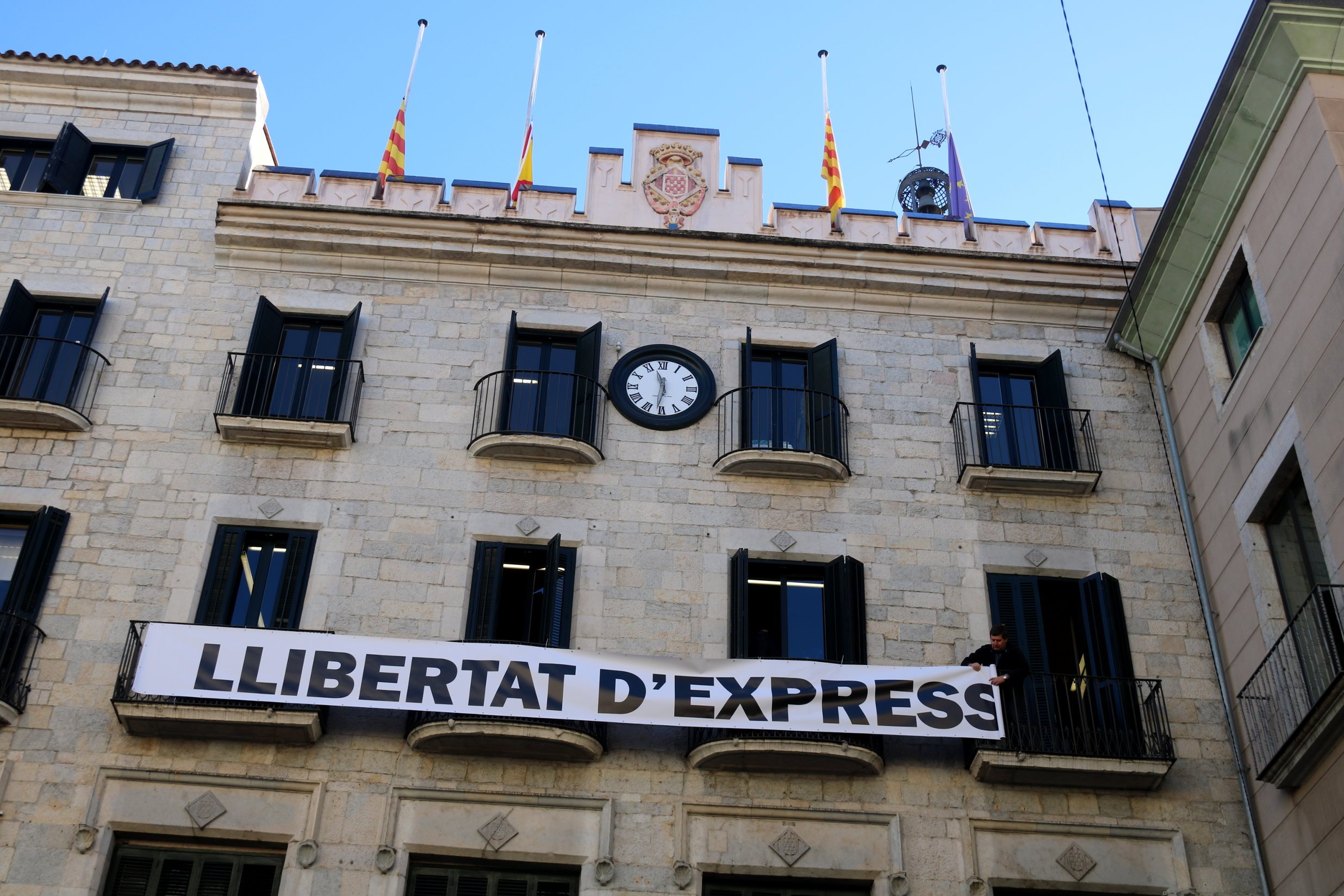More than 50 Catalan municipal councils have decided not to pay taxes to the Spanish treasury, but rather, to deliver them to Catalonia's Generalitat, as part of the campaign of fiscal sovereignty that the Catalan National Assembly (ANC) is promoting. The measure is completely legal, because the Catalan government then transfers the money to the ministry, but the extra step means that the Catalan executive has the key to the safe.
The pro-independence organization has announced that the latest town to join this practice is Santa Eulàlia de Riuprimer (Osona county), which will start paying its taxes to Catalonia from this January. Among other town councils that already use this method are those of Girona, Vic, Calella, Igualada, Falset, Campdevànol and Vilafranca del Penedès.
The ANC considers that this practice will favour the materialization of Catalan independence when the appropriate moment arrives. "The councils must push the Catalan government to strengthen the Catalonia tax agency in order to be better prepared and able to guarantee the culmination of the independence process when the time comes. It is important to pay taxes to Catalonia in order to place the Generalitat government in a position of strength with respect to the rupture with Spain. It is necessary to keep working so that the Catalan institutions have control of as much tax income as possible, and city councils are a key element in achieving this goal," said the Assembly.
⬛️⬜️ Una cinquantena d'ajuntaments ja fan #SobiraniaFiscal. L'últim d'afegir-s'hi ha estat el de Sta. Eulàlia de Riuprimer!
— Assemblea Nacional Catalana (@assemblea) January 4, 2022
Instem tots els consistoris, empreses i particulars a fer el pas en la liquidació d'impostos del 4t trimestre! #JoPagoACatalunyahttps://t.co/XUQfQEdMi0
In this regard, the ANC encourages everyone - not only councils, but also companies and individuals - to pay their taxes for the fourth quarter of 2021 to the Catalonia tax agency "in order to continue strengthening this institution, which must be key to the future independent state." This year, the Catalan treasury has received more than 1,400 tax declarations, also from companies, "a figure that represents three times that of 2020".
What would Catalonia's collection of its own taxes mean?
If Catalonia had a taxation model similar to that of the Basque Country (where taxes are collected by the Basque provincial councils and are not paid to the state, but rather an agreed fee is handed to Madrid to cover the services that the central administration provides in Euskadi), it would benefit greatly. Catalonia could receive an additional 9.1 billion euros a year if it had the same fiscal sovereignty as the Basque Country. This is the conclusion of a report presented by the group Economistes pel Benestar, part of the economists' association of Catalonia, in 2021 and which shows what could be done in Catalonia if "fair financing" were available. The estimated figure of over 9 billion euros is the additional amount that could be spent on education, health, social services, housing and suburban rail, sectors that have a direct impact on the well-being of Catalans.
The study, carried out by economists Albert Carreras, Joan B. Casas, Júlia Montserrat, Daniel Quer, Francesc Raventós and Josep Reyner, sets out the reasons and solutions for the gradual decline in quality of Catalan public infrastructures, which has a direct impact on the quality of life of Catalans and, as experts predict, will be aggravated in the post-Covid era. Examples of likely effects include long waiting lists for surgery, lack of affordable housing, and a lack of free childcare centres.
In this regard, it concludes that Catalonia generates the resources to deal with these problems, but cannot use them and that the difference between the taxes that Catalans pay to the state and the expenditure that the central government makes in Catalonia, including pensions and interest on Spanish debt, has historically stood at around 16 billion euros (8% of its GDP). Economists point out that Catalonia suffers from "underfunding and underinvestment".

